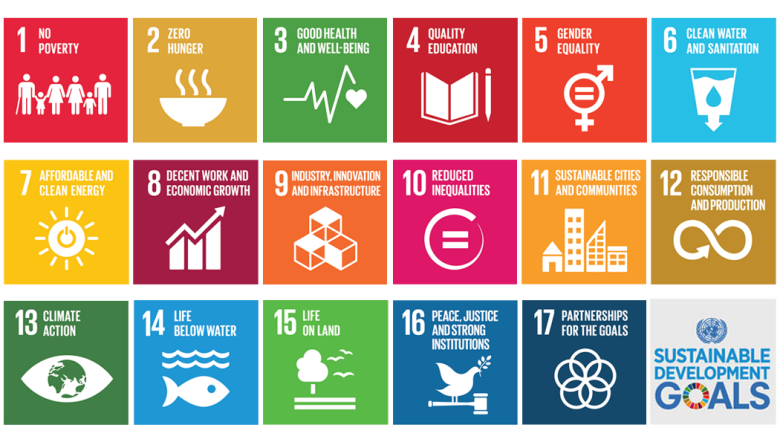Sustainable Development – a chance for a better tomorrow
Sustainable development is a concept that appeared for the first time in 1987 with the publication of the Brundtland Report, warning of the negative environmental consequences of economic growth and globalization, which tried to find possible solutions to the problems caused by industrialization and population growth.
Environmental Sustainability
At the environmental level, sustainability prevents nature from being used as an inexhaustible source of resources and ensures its protection and rational use.
Aspects such as environmental conservation, investment in renewable energies, saving water, supporting sustainable mobility, and innovation in sustainable construction and architecture, contribute to achieving this environmental sustainability on several fronts.
Social Sustainability
At the social level, sustainability can foster the development of people, communities, and cultures to help achieve a reasonable and fairly-distributed quality of life, healthcare, and education across the globe.
The fight for gender equality, especially in developing countries, is another aspect which in coming years will form the basis of social sustainability.
Economic Sustainability
Sustainability focusses on equal economic growth, that generates wealth for all, without harming the environment.
Investment and equal distribution of the economic resources will strengthen the other pillars of sustainability for complete development.
As a part of a newly sustainable development roadmap, the United Nations approved the 2030 Agenda, which contains the Sustainable Development Goals, a call to action to protect the planet and guarantee the global well-being of people. These common goals require the active involvement of individuals, businesses, administrations, and countries around the world.

Sustainable Development Goals
The Sustainable Development Goals, also known as the Global Goals, are a call from the United Nations to all countries around the world to address the great challenges that humanity faces and to ensure that all people have the same opportunities to live a better life without compromising our planet.
These 17 objectives are interrelated and often the key to one’s success will involve the issues most frequently linked to another. They can be summarised as follows:
Eradicate poverty and hunger, guaranteeing a healthy life
Universalize access to basic services such as water, sanitation, and sustainable energy
Support the generation of development opportunities through inclusive education and decent work
Foster innovation and resilient infrastructure, creating communities and cities able to produce and consume sustainably
Reduce inequality in the world, especially concerning gender
Care for the environment combating climate change and protecting the oceans and land ecosystems
Promote collaboration between different social agents to create an environment of peace and sustainable development.
Sustainable development is the pathway to the future we want for all. It offers a framework to generate economic growth, achieve social justice, exercise environmental stewardship and strengthen governance.

